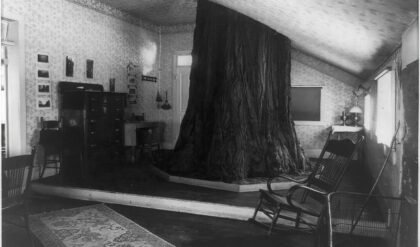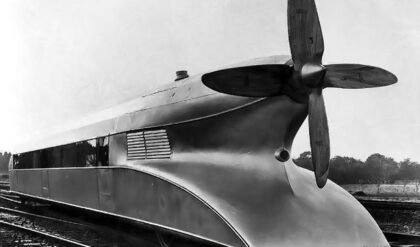
During the early 1900s, the Temperance movement swept across North America, advocating for the prohibition of alcohol consumption. Alberta, a province in Canada, was not immune to this movement and implemented a ban on the sale of alcoholic beverages in 1916. This decision was met with mixed reactions from the residents of Alberta, some supporting the ban for moral reasons while others opposed it for personal freedoms.
However, the ban was short-lived as a plebiscite in 1923 overturned the prohibition, allowing the government to sell alcohol in its stores. This marked a significant shift in Alberta’s liquor laws and paved the way for a new era of alcohol regulation in the province. With the legalization of alcohol sales, Alberta saw a boom in the liquor industry, with new stores and breweries popping up across the province.
h/t: vintag.es

The decision to overturn the ban on alcohol sales in Alberta was a turning point in the province’s history, reflecting changing attitudes towards alcohol consumption and regulation. It also highlighted the power of public opinion and democracy in shaping government policies. The repeal of the ban opened up new economic opportunities for Alberta and contributed to the growth of the liquor industry in the province.















